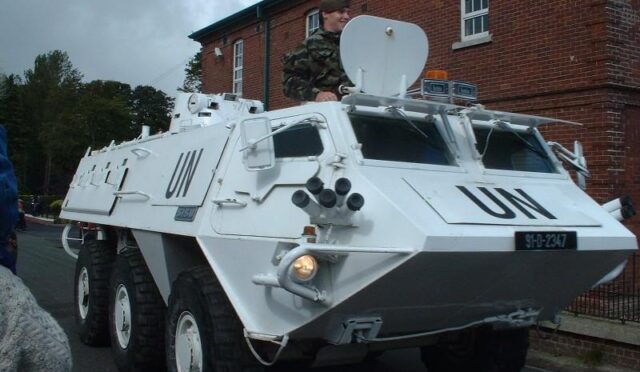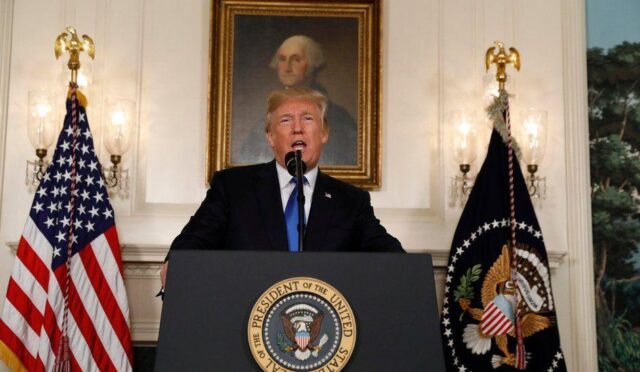CS Gas Detection Raises Alarm on Chemical Weapons
The international body overseeing chemical weapon regulations has raised alarm bells after confirming the presence of a banned tear gas in several samples submitted by Ukraine. This incident has led to accusations from Ukraine against Russia, claiming the deployment of the riot control agent at the front lines. Notably, this is not the first time the Organisation for the Prohibition of Chemical Weapons (OPCW) has reported findings of CS gas in conflict zones within Ukraine.
Based in The Hague, the OPCW revealed that their analysis identified the toxic substance in a variety of samples, specifically from two grenade shells, two soil samples, two vegetation samples, and remnants of a drone. The organization has also gathered a range of supporting materials, including documents, digital files, and eyewitness accounts, to bolster their findings.
The Legal Implications of CS Gas Usage
The OPCW’s report refrained from placing blame on either party in this ongoing conflict for the use of CS gas, despite the substance being prohibited in warfare. According to the Chemical Weapons Convention, the deployment of riot control agents like CS gas as a method of warfare is unequivocally banned. Both nations have levied accusations against one another concerning the use of chemical weapons in the protracted three-year conflict.
Furthermore, allies of Ukraine in the West have contended that Russia has been utilizing forbidden arms throughout the conflict. The OPCW has previously confirmed the detection of CS gas in samples provided by Ukraine back in November 2024 and as recent as February of this year, highlighting a troubling trend in the use of such agents in the ongoing war.
Concerns Raised by OPCW Leadership
The findings have alarmed OPCW Director General Fernando Arias, who expressed significant concern over the repeated detection of riot-control agent grenades close to active conflict zones, particularly in the Dnipropetrovsk region. He emphasized the urgent need for all parties involved to adhere strictly to the Chemical Weapons Convention, underlining the importance of international regulations in ensuring the safety and security of civilians.
As the situation continues to develop, these revelations about chemical weapon usage pose serious questions regarding the conduct of warfare and the moral responsibilities of combatants on both sides. The international community watches closely as tensions escalate and the implications of these findings unfold.







